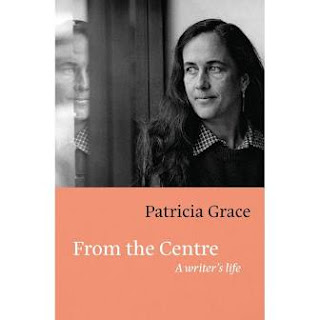Well, we all know money doesn't grow on trees, it doesn't seem to grow anywhere, which is why we have to make it, then suggesting that it is a made up thing, just as the title says! This book is chock full of interesting facts, people and history about where money came from, how it originated and came to be this essential all-encompassing thing it is today, making our world go round, it not being love after all. I enjoyed it immensely, but I did have a feeling of disconnect with it which I couldn't really put my finger on. The book bounced around all over the place, and gave an overall picture of what this made up thing is, but there wasn't much depth to it all. I wanted to know more, and on reading some of the GR reviews it seems I am not the only one. Other readers put this down to the author's gift as a podcaster not transferring so well to being a writer. I can imagine him delivering these chapters in a pod cast way - they would be great - entertaining, interesting, scattershot. But not so much for a 'speak to the reader' way of each chapter moving smoothly into the next. I also felt he was trying to be a bit like Malcolm Gladwell in his writing style, but it just does not quite hit the mark. Perhaps too much information and not enough expanding on some of the important ideas he presents?
Despite this, I did enjoy what he had to say very much. I got a bit bogged down with the gold standard, and central bank theory, but there is plenty more to enjoy and learn from. Much of this of course is basic economics as societies grapple with how to place value on stuff. He takes us back to the ancient Greeks where it all began, the sophistication of China before the Europeans arrived on the scene, the early European economists and mathematicians who tried to make sense of the chaos brought about by expanding empires, then the industrial revolution. I particularly enjoyed the sections on how the Great Depression occurred, and the GFC of not that long ago. His explanations of these I thought were good, possibly over simplistic but when you aren't an economist or a mathematician, simple is good.







